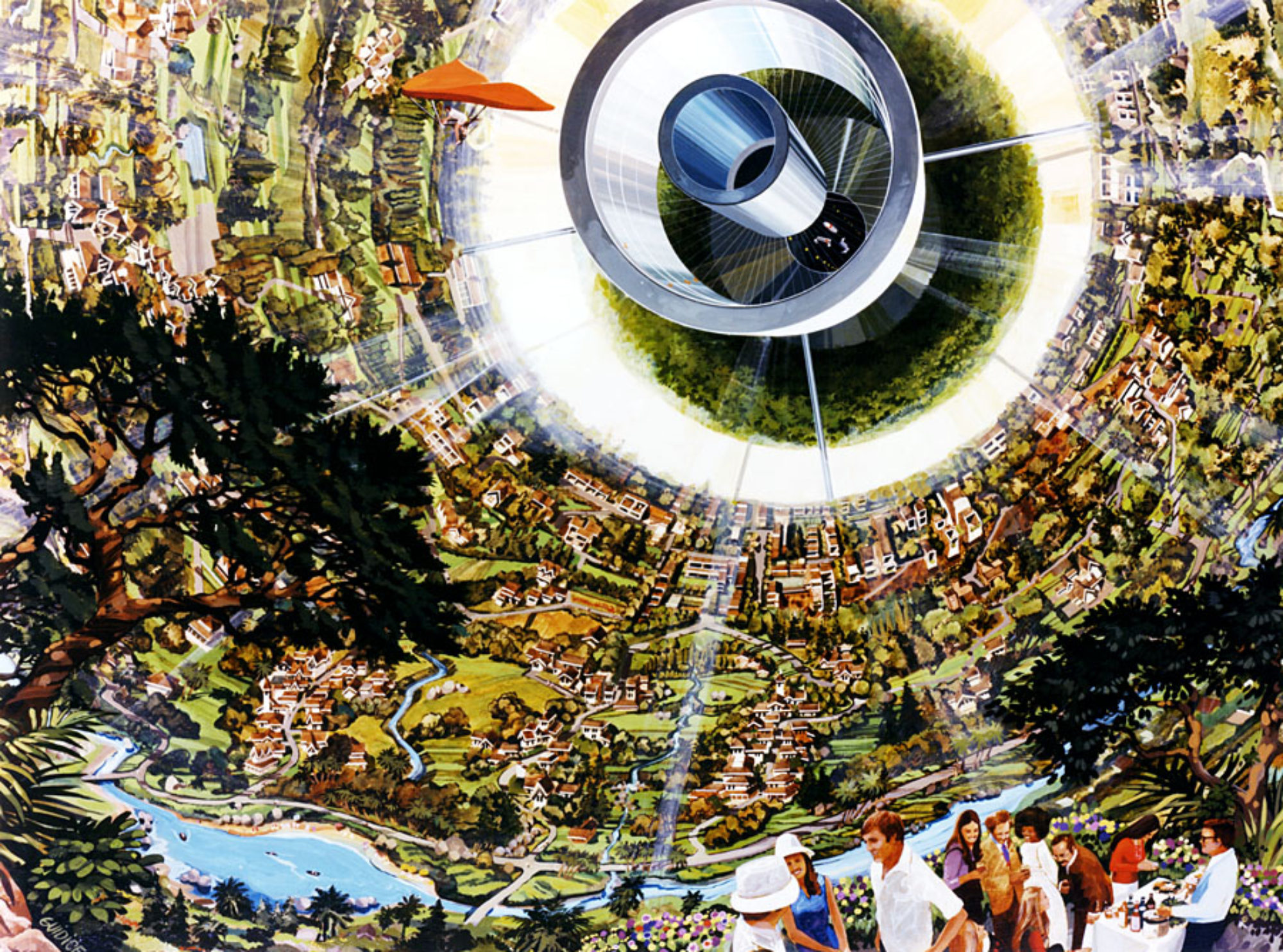
A research team at the University of Edinburgh in the UK has just published an analysis of data from an experiment on the International Space Station that could lead to “biomining” on Mars or an asteroid. Published in Nature Communications on November 10, Cockell, C.S., Santomartino, R., Finster, K. et al.* present experimental results demonstrating microbiological leaching of rare Earth elements from basalt rock, an analogue for much of the regolith material on the Moon and Mars. Called BioRock, the ESA sponsored experiment examined three species of microorganisms under variable gravity conditions in the Kubik centrifuge facility located in Europe’s Columbus module on the ISS.
This technology is a significant breakthrough for in situ resource utilization. By “living off the land” on the Moon, Mars or an asteroid, space settlers could have an available source of valuable materials used in electronic devices and many other high-technology applications. These rare Earth elements and the traditional heavy mining equipment needed to extract them would not have to be launched from Earth, significantly reducing transportation and processing costs. Positive results were found under Earth gravity, Mars gravity and microgravity conditions. The authors conclude that the experiment “…shows the efficacy of microbe–mineral interactions for advancing the establishment of a self-sustaining permanent human presence beyond the Earth and the technical means to do that.”
* BioRock study Authors: Charles S. Cockell, Rosa Santomartino, Kai Finster, Annemiek C. Waajen, Lorna J. Eades, Ralf Moeller, Petra Rettberg, Felix M. Fuchs, Rob Van Houdt, Natalie Leys, Ilse Coninx, Jason Hatton, Luca Parmitano, Jutta Krause, Andrea Koehler, Nicol Caplin, Lobke Zuijderduijn, Alessandro Mariani, Stefano S. Pellari, Fabrizio Carubia, Giacomo Luciani, Michele Balsamo, Valfredo Zolesi, Natasha Nicholson, Claire-Marie Loudon, Jeannine Doswald-Winkler, Magdalena Herová, Bernd Rattenbacher, Jennifer Wadsworth, R. Craig Everroad & René Demets
